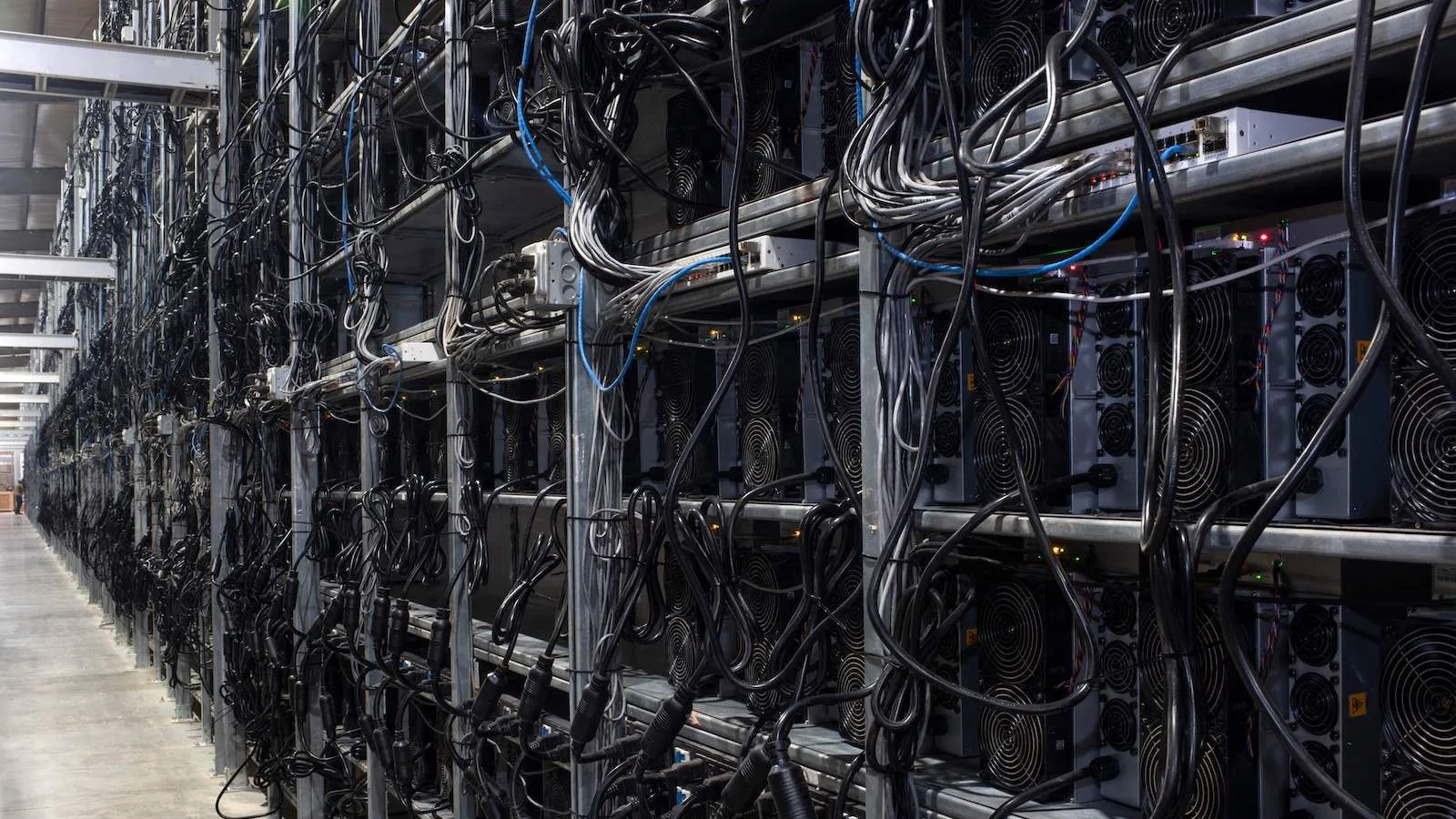Kazakhstan Law Limiting Crypto Miners’ Consumption of Electricity Enters Into Force – The “On Digital Assets in the Republic of Kazakhstan” law, signed into effect by President Kassym-Jomart Tokayev on Monday, has gone into effect. The aim of this newly enacted legislation, along with modifications made to other legal provisions such as the Tax Code, is to oversee and regulate the issuance and circulation of digital assets, with a particular emphasis on mining.
According to local media reports, the modifications are aimed at fostering growth in the cryptocurrency industry and promoting fair competition among market participants. The digital asset law, which was passed by the parliament in late January, outlines the responsibilities of government entities responsible for overseeing the sector, and introduces a licensing system for crypto miners and exchanges, replacing the previous registration system.
People Also Read: Argentina Mulls Inclusion of Proof-of-Solvency Requirements in Crypto Regulation
Mining licenses will be granted to two categories of applicants for a duration of three years. The first category includes entities that possess mining infrastructure, such as data centers that meet certain equipment, location, and security criteria. The second category encompasses individuals who own mining hardware but lease space in cryptocurrency farms and do not apply for their energy quota independently. A distinct set of requirements has been established for mining pools.
They must have their hardware and software located within Kazakhstan and adhere to the nation’s information security regulations and any other relevant laws. Additionally, cryptocurrency miners will only be able to obtain electricity from the national power grid if there is an excess and only through the government-run central exchange called KOREM. The restrictions on the energy pricing will be lifted and the transactions will be governed by market forces.
One of the reasons that mining firms flocked to Kazakhstan after China’s crackdown on the industry in 2021 was the availability of low-cost, subsidized power. The Central Asian nation has blamed the increasing energy deficit on the surge of miners, leading to measures being taken to curb consumption in the sector, such as temporarily disconnecting registered operations and closing down illegal mining operations. On January 1st, authorized miners were faced with a higher electricity surcharge.
READ MORE
Binance to Support Georgia’s Crypto Industry Through Blockchain Education
Australian Government Says It Is Working to Ensure ‘Regulation of Crypto Assets Protects Consumers’
New York Considers Bill to Establish Cryptocurrency as a Form of Payment for State Agencies




